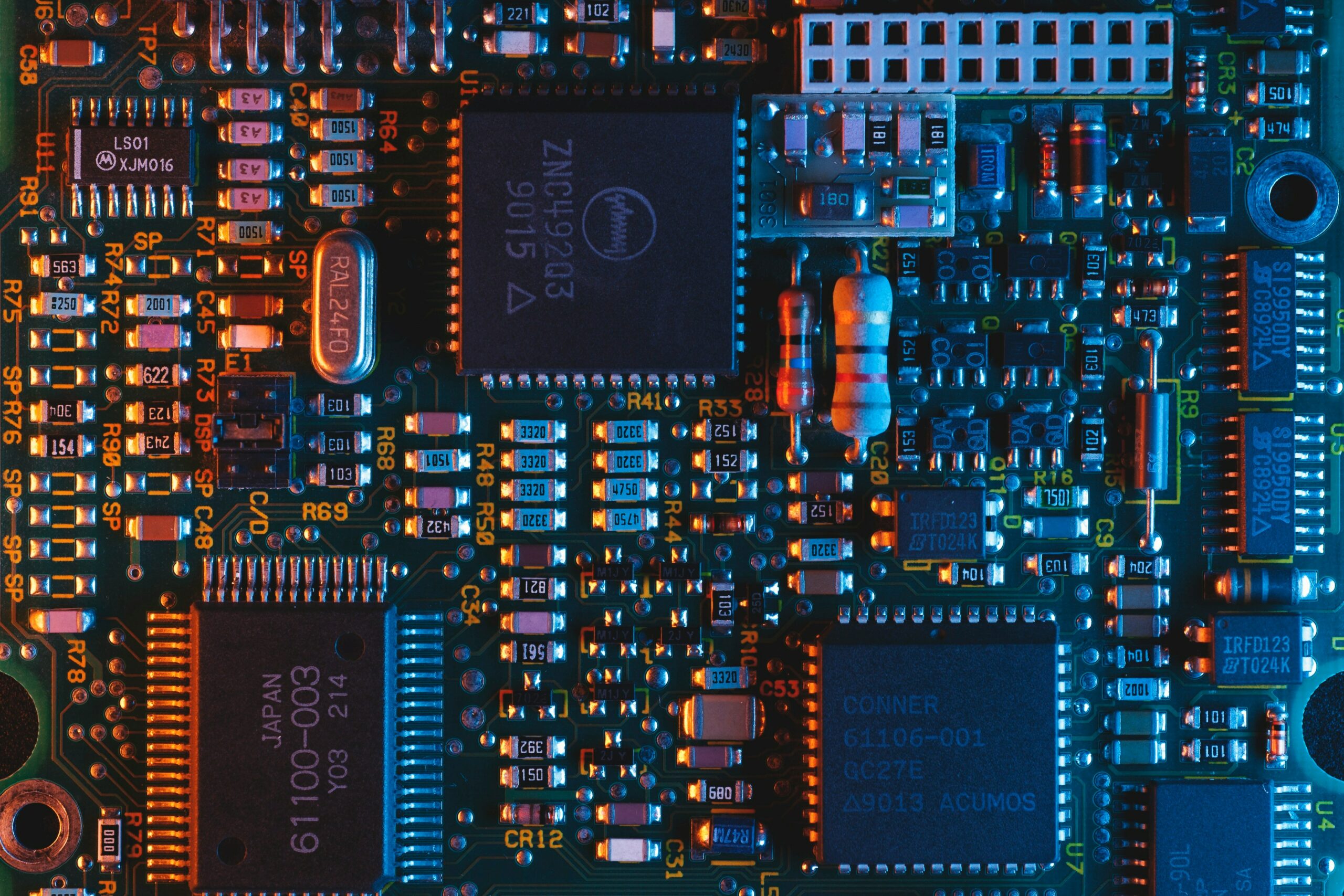Quantum cryptography is a hot topic that has captured the attention of academics and industry professionals alike. This article explores some starting resources to learn about about the field of cryptography.
What is quantum cryptography?
In the modern digital age, making sure people have a secure way to send their private information is paramount. As credit card transactions, healthcare forms, and academic records are transmitted and stored in an online cloud, any vulnerability to their storage and transmission could mean crucial personal information is leaked.
That is, the current world operates in a low-trust environment. For example, companies that manage email platforms will assume that there will always be some third party attempting to access private emails. As such, they will apply a level of encryption to ensure these emails remain private.
Encryption takes on a lock-and-key model: there must be some way to “lock” the important information in a secure box and some way to “unlock” this important information to get access to it. Many modern algorithms are designed to make sure keys that can unlock this box can not be easily calculated or duplicated.
One such algorithm that does this is the Rivest-Shamir-Adleman (RSA) algorithm, which relies on breaking down large numbers into their prime factors as the part of the process that makes it incredibly difficult to have an outsider find the key. Prime factorization is slow, because there is rarely an efficient way on classical computers to break them down, except for manually checking plausible options for divisibility one by one.
Enter quantum computing. With the entrance of Shor’s algorithm, it became possible to factor large numbers in significantly less time. This meant that, if there is quantum hardware with high enough fidelity and enough qubits to support the full algorithm, then the data encrypted using this common RSA protocol could be easily decrypted.
This is quantum cryptography: the use of quantum computing to both encrypt and decrypt different secure protocols. Other common examples of investigations in the field include the BB84 protocol, which can allow for secure transmission and sharing of messages.
The field also gives rise to post-quantum encryption, where researchers are looking to develop new classical encryption algorithms that are secure enough to withstand attacks from people using quantum computers.
Thus quantum cryptography is an ongoing, fast-moving research field. For many students, this could be a potential area of future interest.
Quantum Cryptography Resources
We list several useful resources to get started in quantum cryptography.
- To visualize the impact of quantum cryptography on modem encryption protocols, check out this short visualization by Microsoft Azure.
- At the undergraduate-level, there exist a number of useful lecture notes on the basics of encryption. In particular, the course, “Design and Analysis of Algorithms” from MIT OpenCourseware covers a basic introduction to encryption (including both hash functions and encryption protocols).
- To further understand classical RSA, here are further lecture notes on public key cryptosystems (e.g. for sending messages) and an introduction to RSA.
- As previously mentioned, the BB84 protocol shares key underlying features with a number of quantum cryptographic systems. For a brief introduction to the protocol, lecture slides from the Automata Computability and Complexity course in MIT OpenCourseware will be sufficient.
- For a more comprehensive understanding, check out these notes from TU Delft on the same subject.
- Finally, for lecture notes more generally on quantum computing, renowned quantum researcher and professor Dr. John Preskill has made his lecture notes on quantum computing available here.
Happy learning!
See also:







